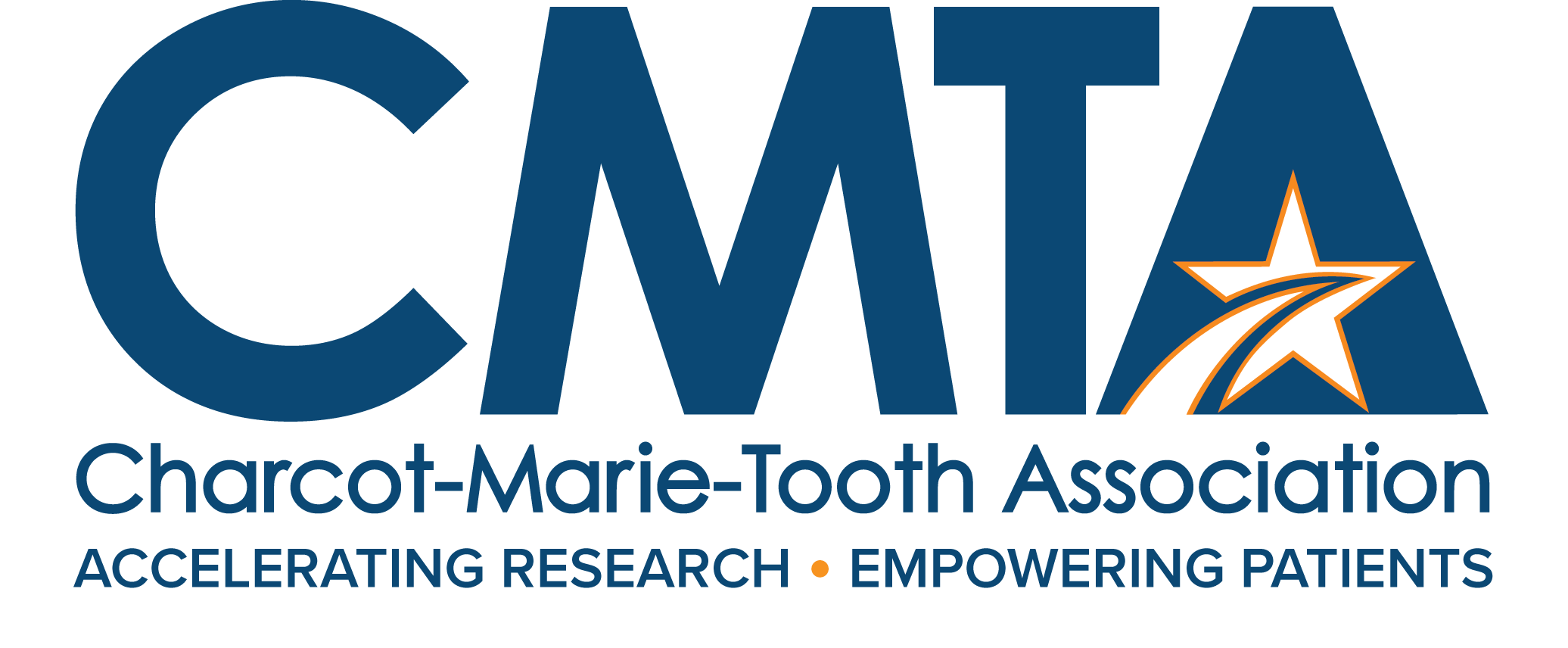First Investment from CMTA’s New Venture Philanthropy Arm
The Charcot-Marie-Tooth Association (CMTA) today announced that it participated in the Seed Series Extension syndicate for Armatus Bio, Inc. (Armatus). Armatus is an emerging biotechnology company that is advancing a unique gene therapy clinical candidate to target CMT type 1A, the most common form of the disease.
Thomas Dubensky, Ph.D., a CMTA board member commented “The CMTA is very excited to facilitate the advancement of novel therapies to be ultimately evaluated in patients living with all types of CMT. Armatus is the CMTA’s first investment from its new venture philanthropy arm, which will make selected early-stage investments in Biotech companies developing unique and promising therapies against all types of CMT.” Dr. Dubensky went on to say that “the venture philanthropy arm will work in tandem with STAR (Strategy to Accelerate Research), the arm of CMTA which is the largest private funder of CMT research in the world.”
Rachel Salzman, DVM, CEO of Armatus, commented, “Armatus is extremely grateful to the CMTA for its support, and we look forward to their continued advice and counsel as we advance ARM-101. Dr. Salzman went on to say, “Our ARM-101 development studies are particularly important for the CMT community because the data generated are designed to answer critical questions about how we can effectively deliver genetic medicines to the right parts of the body to meaningfully address this disease.” She added, “As we accelerate development of ARM-101 and gain further evidence that our vectorized RNAi can normalize PMP22 in Schwann cells as a means of enabling human trials, we believe this therapy has the potential to provide benefit to the thousands of people living with CMT1A in the U.S. and around the world.”
Armatus Bio, based in Columbus, Ohio, is an emerging biotechnology company that is collaborating with renowned gene therapy experts to build a pipeline of novel therapeutic candidates designed to overcome the limitations of today’s approaches and propel the next generation of genetic medicines.
Published: November 16, 2023





